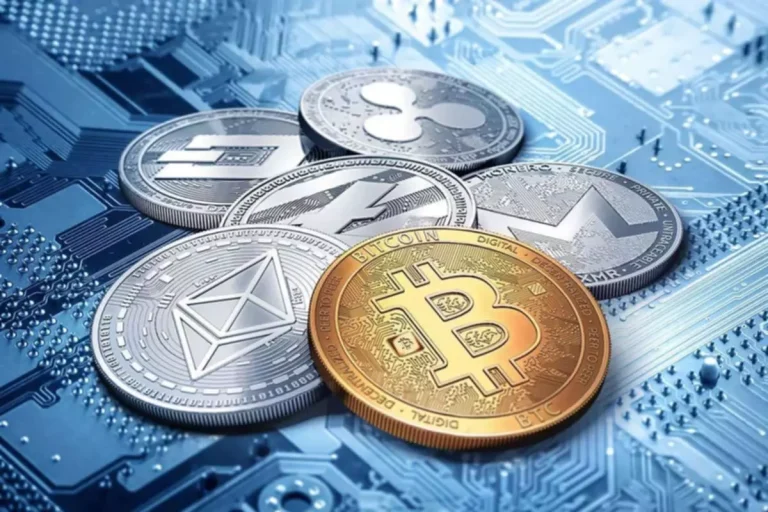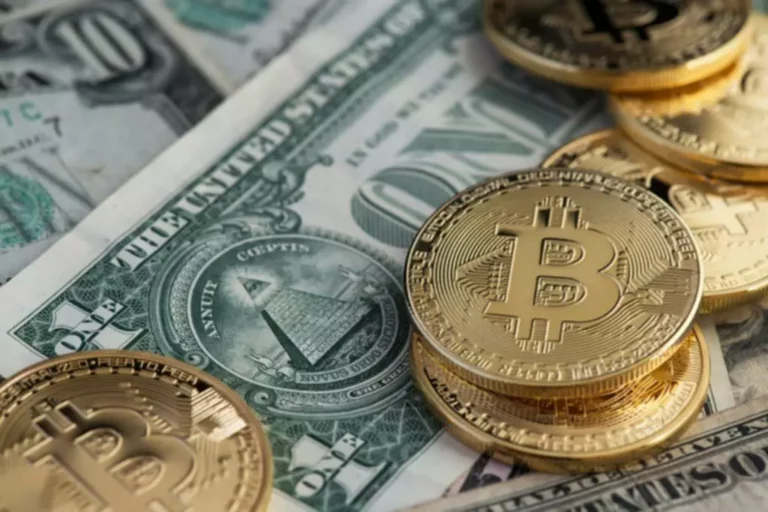This way, if Bitcoin goes up, you will benefit from your initial Bitcoin investment, and if it goes down, you will limit your losses by exercising your put option. Over the next six months, the crypto markets start pumping, and by the time March 4th rolls around, Bitcoin is trading for $30,000. So you exercise your option to purchase 1 BTC for $20,000 and then you immediately turn around and sell it on the open market for $30,000. You net $9,000 overall for this trade after deducting the $1,000 you initially paid for the option. One way to think of crypto derivatives is like betting on a horse race. You place your bet on what horse you think will win, and, at some point in the future, when the race is over, you find out if you made money or lost money.
It offers a variety of crypto derivatives, including Futures and Perpetual contracts, with trading Bitcoin (BTC) and Ethereum (ETH) being the most traded. Trading in the derivatives market is riskier and requires more advanced skills than spot trading. However, it can also result in much more significant losses than you would have if you just traded with the money at your disposal.

In terms of trading fees of cryptocurrency Futures and derivatives contracts, too, Binance is pretty decently placed. For spot trading, it charges a flat trading fee of 0.1% for both maker and taker fees. Also, perpetual and standard futures contracts charge you a maker and taker fee rate of 0.0200% and 0.0500%. TheMoneyMongers have been tracking several cryptocurrency derivatives exchanges and concluded that not all are made equal. OKEx has one of the largest selections of altcoins for futures contracts.

Some of the exchanges that have become a favorite for derivative trading are BitMEX, Deribit, and BaseFEX. There’s one thing to take note of, and that is, derivative trading on crypto exchanges are yet to be regulated. Therefore, anyone making use of this method ought to be ready for any eventuality, be it positive or negative.
The reason these are called options is that they give traders the option or right to buy or sell at predetermined prices at specified future dates. As described above, a Bitcoin future is simply a contract or an agreement between two parties to purchase https://www.xcritical.in/ and sell BTC at a given price at a specific future date (hence the name). However, neither party is required to actually hold the underlying asset, in this case, Bitcoin. Instead, they simply settle the contract in USD or any other agreed-upon currency.
However, the company is pursuing a license from regulators to be able to operate as a futures commission merchant and make derivatives available to everyone on the platform. While derivatives are more complex than traditional spot trading, they are completely legitimate instruments that are also present in the traditional stock market. Keep in mind, however, that derivatives can be dangerous to trade if you’re overleveraged or if you do not have the necessary grasp of the complexity of the instruments. For example, if you purchase a large amount of Bitcoin, expecting the price to go up, and it goes down instead, you may be left with significant losses. To mitigate the downside in this scenario, you can take out a “put” option, which allows you to sell Bitcoin at a predetermined price at some point in the future, regardless of how low it’s trading.
BitMEX, Binance, Huobi, and OKEx are clearly the dominant players in the industry at the time of writing. BitMEX has taken a little heat recently for allowing such highly leveraged trading, as it also comes with high risk and elevated crypto derivatives exchange chances of liquidation due to market volatility. There are enough risk warnings on the platform though, and there is a ‘maintenance margin’ for most contracts so that there is enough crypto in the account to cover any losses.
In this case, the trader takes a short position and buys BTC Options contract with an expiry date in 3 months. This will allow him to sell his holdings at $10,000 BTC even if the price is $5,000 at the time of contract expiration. A variety of them (Futures, Forwards, Options, Swaps, etc.) give the buyer or seller different kinds of rights and obligations to exercise based on the underlying asset’s price movements. With a commitment to transparency, Delta.Exchange provides comprehensive and real-time market data, including order books, trading volume, and price charts.
It also has an insurance fund to further protect its regular users and institutional investors. A standout feature of MEXC is the platform’s easy-to-use interface, which provides a smooth and intuitive user experience. Lastly, Bitget provides robust customer service with a 24/7 support system, which includes a live chat feature. Their dedication to user experience reflects in their quick response time to resolve queries and issues. Security, often a major concern in crypto trading, is another strong suit for Bitget.
- It also has standardized contracts for coin margined inverse Futures which is a rarity in the crypto derivatives industry.
- Lin expects another DeFi boom in the next two years as its underlying blockchain technology matures.
- It offers a wide range of derivatives products for a number of different crypto assets, with different levels of leverage.
- Derivatives exchanges allow buyers and sellers to trade standardized contracts called futures, forwards, options, and swaps.
- Further, Bitmex also offers a margin of upto 100x on these contracts.
There are a number of other exchanges that offer crypto derivatives and some are specialized in only those products. The exchange has also recently launched something called quanto futures for Ethereum. These contracts have a fixed Bitcoin multiplier regardless of the Ethereum price in dollars, which allows traders to long or short the ETH/USD exchange rate without ever touching either currency.
Trading Platforms – Consider choosing a trading platform that has advanced order types, charting tools, and real-time market data. Additionally, consider a platform that offers mobile trading as this allows you to monitor your trades on the go. Instead, investors enter into a contract with a counterparty, such as an exchange or other financial institution, that agrees to pay out based on the performance of the underlying asset. In the world of finance, derivatives are instruments whose value is derived from an underlying asset. These assets can be anything from commodities to stocks, and even cryptocurrencies.

Experts have defined derivatives as a financial product, which could be either a contract or security, that depends on another asset to have a value of its own. Meaning that, without a stream of cash flows or another asset, derivatives are valueless. Options contracts give the holder the right, but not the obligation, to buy or sell an asset at a predetermined price and date in the future. Binance, Bybit and Phemex are three most popular platforms for futures trading. Further, a user can reduce this fee by holding the in-house token of Binance, i.e., BNB.
As for the roadmap, the Dexilon team is building a cutting-edge data terminal to allow users to make informed trading decisions. You don’t need a crypto wallet either, as you can add funds through PayPal, Credit/Debit card, Skrill, Neteller, and more. Back in early 2017, very few people were exposed to cryptocurrencies, but the massive rally at the end of that year changed everything. Derivatives allow you to buy low and sell high without having to actually transfer and store cryptocurrencies.